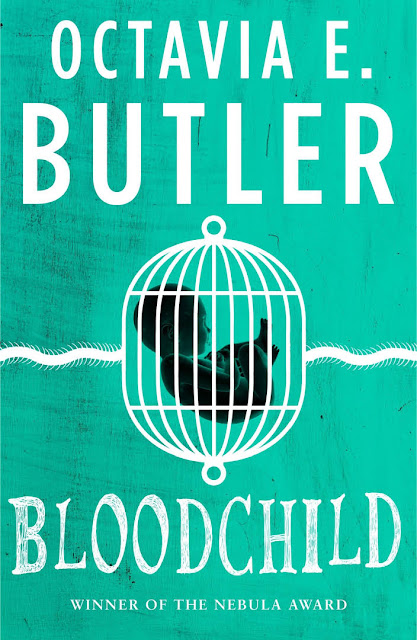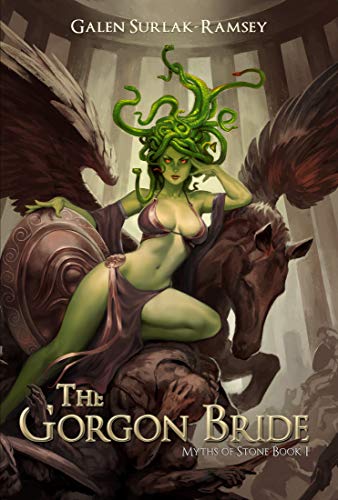Baby Announcement: Congrats, You’re Having an Alien!
My initial reaction to Octavia Butler’s short story,
“Bloodchild,” is disturbance and uncomfortableness. These reactions intensified
when Bram Lomas is cut open and, in the end, when Gan is impregnated. I
don’t want anyone to confuse that reaction with complaining; Butler’s way with
words paints a scene and puts you there. To make you feel upset is a sign of a
great writer!
I instantly connected “Bloodchild” to themes of oppression and bodily autonomy.
Talking about indoctrinating kids at younger and younger ages to be more and
more accepting of what they may otherwise find wrong or terrifying is chilling.
This concept is also present in nonfictional human history.
Plus, in the story, Terrans—humans—can’t defend
themselves with weapons either, allowing a hidden rifle to become a key player
in the story. Gan’s family treats T'Gatoi as someone they should be thankful
for, even when she wields power over them. Terrans are tricked into believing
they have a choice.
“Bloodchild” would make a fascinating jump to film, and I wonder how
moviemakers would portray the Tlic with special effects. With Lomas’ bloody
surgery and the suspense of Gan’s decision, the story could make an effective horror
movie.
But video games tell stories similar to literature. “Bloodchild”
would easily adapt to a video game because of the choices Gan has to make.
Should he attack his brother? Should he kill himself or T'Gatoi, or should he
put the gun down? Does he give Hua to T'Gatoi or save her and undergo pregnancy
himself?
Of course, the game would have to generate different
outcomes for each answer that differs from the original story, but there’s
enough world building in “Bloodchild” to create feasible options.
As mentioned earlier, Terrans don’t really have a
choice. They are given the illusion of choice. This dichotomy in a video game
would explore the entrapment of Terrans and whether the player can escape, make
real change, or remain tyrannized.
Additionally, elements of afro-futurism—the inclusion
of black history and culture in art featuring themes of science—in “Bloodchild”
include the characters’ tense relations with a futuristic alien
species.
As we discussed in class, authors from different
perspectives have different takes on literature. I always appreciate the
opportunity to read and learn from writers that have experiences other than my
own.
Also, as the title of this blog suggests,
congratulations. You’re having an alien!



This is a very good way to put Octavia Butlers intentions when writing this book. I do think she illustrates and destabilizes the viewer with the gory details. I never thought about a video game, but I definitely would be able to see it. A cross between the Walking Dead telltale games and surgeon simulator. Great thoughts on this reading.
ReplyDelete